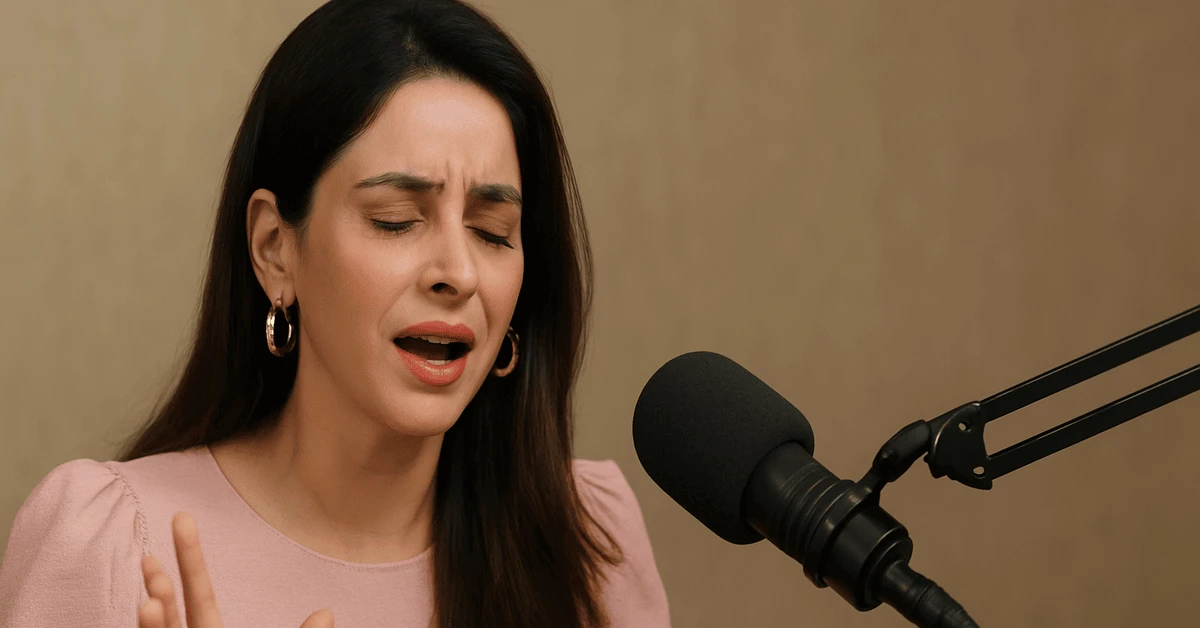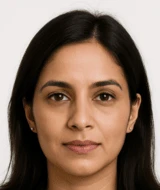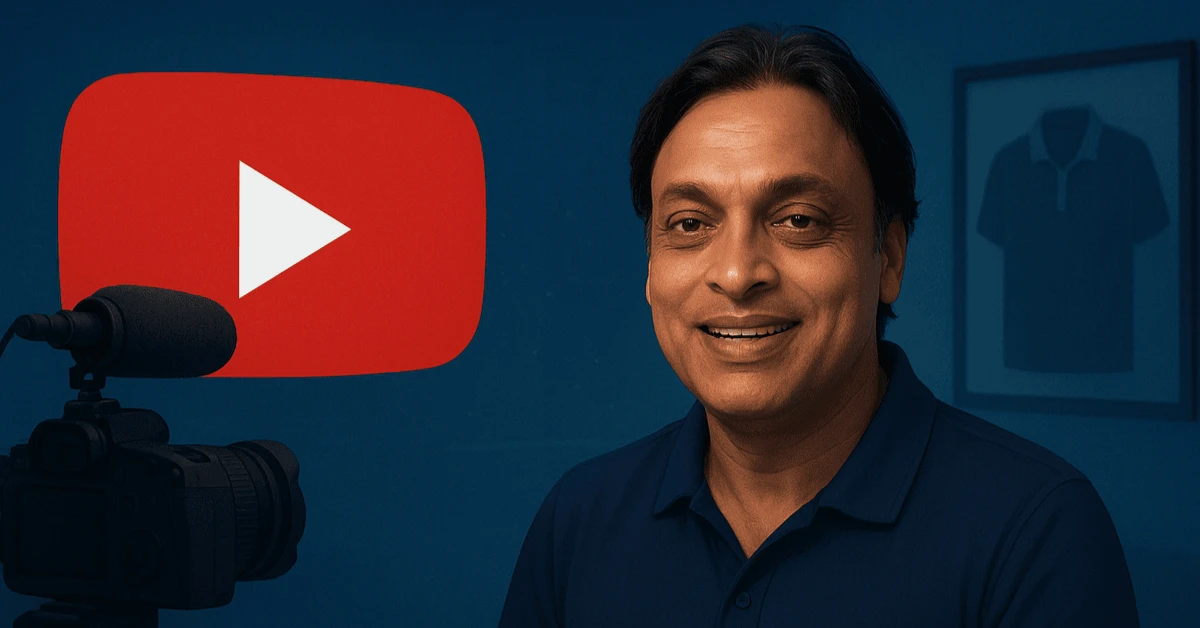Saba Qamar vs Karachi: What she said, what critics said and where she stands now

Short version: A casual answer on a podcast — “Astaghfirullah, never!” when asked if she would move to Karachi — spiralled into a heated debate among fans, fellow actors and city residents. Saba Qamar later posted a clarification; the episode highlights how a single line from a public figure can trigger questions about gratitude, city pride, and the responsibility of celebrities in Pakistan’s charged media environment.
How the controversy began — the remark in context
During a recent podcast appearance, Saba Qamar was asked whether she would ever relocate to Karachi for work. Her immediate reply — “Astaghfirullah, never!” — was delivered as a light, off-the-cuff remark, with follow-ups where she explained she prefers living in Islamabad and Lahore and that she travels to Karachi to shoot and returns after work. She also joked about being bought a house there, while noting she already has a home. These comments were published and widely shared by Pakistani entertainment outlets and social media.
What people — fans and peers — said next
The reaction was immediate and polarised. Many Karachi-based users and fans called the remark ungrateful, arguing Karachi is the backbone of Pakistan’s entertainment industry and the city that offers livelihoods to thousands of artists and crew. Others defended Saba’s right to personal preference and argued that disliking a city is not the same as insulting its people.
- Javeria Saud publicly criticised the remarks, asserting that it’s wrong to label Karachi as “dirty” and suggesting the problem lies in certain mindsets rather than the city itself.
- Iffat Omar took a different tone: she defended Saba’s choice and emphasised that nobody can be forced to like a city, even bluntly calling Karachi “dirty” in the discourse — a comment that itself became contentious.
- Several actors and social-media personalities joined in — some joking, some angry — turning the incident into a broader debate about celebrities and civic pride.
Saba Qamar’s response — clarification and context
Faced with the backlash, Saba Qamar posted a clarification on Instagram. She insisted her comment was a personal opinion, taken out of context, and not meant to disrespect Karachi or its people. In her post she wrote (paraphrase): “I have feelings and opinions,” signalling frustration at the furore and reiterating that she works in Karachi and travels for shoots but prefers other cities for living. That clarification calmed some critics but the conversation continued in news columns and on social platforms.
Why this exploded: three interacting dynamics
This controversy ballooned quickly because three things converged:
- City identity and pride: Karachi is not just a location for many Pakistanis — it’s an economic engine and cultural hub. Negative remarks about it tend to touch a nerve.
- Celebrity dependency: Many stars earn their living in Karachi; audiences therefore expect a level of gratitude or at least diplomatic phrasing. A blunt dismissal feels, to some, like ingratitude.
- Social media acceleration: Clips, screenshots and captioned narratives spread quickly, and online outrage amplifies selective parts of a conversation, often without full context.
Industry fallout — who said what and why it matters
Beyond the initial back-and-forth, a few patterns in industry reaction emerged:
- Some peers defended Saba’s right to a personal view, arguing it’s unreasonable to expect uniform public praise for every city. This stance frames the controversy as an overreaction and a free-speech question.
- Others used the moment to call out the perceived entitlement of stars who benefit from Karachi’s infrastructure but publicly dismiss the city. Those voices framed the issue as ethical rather than merely personal.
- Media pieces and columnists (opinion writers) used the incident to ask bigger questions: do celebrities owe civic diplomacy? Or should their private preferences be off-limits? The debate moved from a single quote to cultural expectations of public figures.
What this tells us about celebrity speech in Pakistan
The Saba Qamar episode is not unique; it is symptomatic of a recurring pattern where short, informal remarks become high-impact narratives. A few useful takeaways:
- Context matters — but it rarely travels: In a long conversation, a one-line quip that fits a private moment can become a headline when clipped.
- Celebrities must weigh immediacy vs nuance: Casual honesty resonates with some fans but risks alienating others when it touches civic identity.
- Public reactions reveal civic sensitivities: The speed and passion of Karachiites’ responses show how city pride and economic grievance can quickly shape media narratives.
Timeline — the key moments
- Podcast recording published: Saba answers the question about moving to Karachi with “Astaghfirullah, never!” (clip circulates).
- Social media flare-up: Karachi residents and fans react; threads and stories amplify the remark.
- Celebrity reactions: Javeria Saud criticises; Iffat Omar defends and uses blunt language herself — fuelling a second wave of coverage.
- Saba clarifies: Instagram post stresses personal opinion and denies intent to disrespect. Coverage shifts from accusation to debate.
Expert take: why the debate will keep repeating
Media analysts note that the intersection of celebrity, geography and identity creates recurring flashpoints. When an influential person voices a personal dislike about a place that supplies their income and cultural cachet, it triggers a moral question: is preference fair game, or does it cross into public irresponsibility? Columnists point out that celebrities can neither be expected to privately suppress opinions nor to be free of consequences when those opinions touch on civic pride.
What could have happened differently — and lessons for stars and audiences
For celebrities: a short qualifying sentence (“I prefer X for personal reasons, but Karachi is important to our industry”) can reduce heat without sacrificing honesty. For audiences: waiting for the full context (the full interview or podcast) before mobilising outrage would reduce misinterpretation. For media: balanced reporting that includes the clip, the full exchange and the subsequent clarification helps readers make informed judgments.
Bottom line
Saba Qamar’s comment — and the cascade of responses that followed — is a reminder that, in the age of social clips and instant headlines, ordinary personal opinions can escalate into national debates. She clarified; some accepted the clarification and others did not. The incident also highlights wider tensions: city pride versus personal freedom, the job dependency of artists on Karachi, and the media’s role in amplifying selective soundbites. Whether this episode has long-term effects on Saba’s relationship with Karachi-based fans remains to be seen — but as a cultural case study, it will be referenced whenever a celebrity makes a blunt personal remark again.
FAQs
Q: Did Saba Qamar apologise for her comment?
A: She issued a clarification and emphasised she did not intend to disrespect Karachi. She did not use the word “apology” in the posts reported; instead she contextualised her remarks as personal opinions.
Q: Which celebrities publicly reacted?
A: Among the named reactions, Javeria Saud criticised the remark while Iffat Omar defended Saba and used blunt language about Karachi. Several other actors and fans joined the debate on social media.
Q: Will this hurt Saba Qamar’s career?
A: Short controversies like this can cause reputational noise but usually do not produce long-term damage unless repeated patterns or more serious allegations surface. Saba continues to work and publicly clarified her stance.
Q: Was the podcast clip edited or taken out of context?
A: Reports indicate the remark was an immediate reaction during the podcast. Saba’s later clarification framed the coverage as partly decontextualised — though outlets published the quote as reported. Readers should review the full podcast where available for full context.
Q: What does this mean for celebrity speech norms in Pakistan?
A: It shows the tension between personal candour and public expectation. Celebrities increasingly navigate a landscape where personal remarks are scrutinised instantly and can have social consequences. The incident adds to ongoing debates about accountability, freedom of expression and civic pride.








